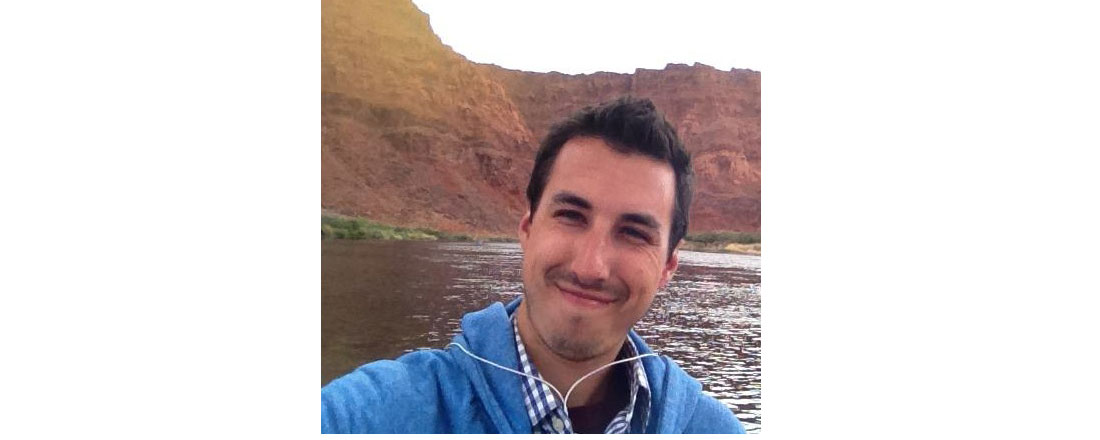Technology to Patrick Gavin isn’t kitting out his tenth-grade English class at Digital Harbor High School with the latest Apple devices.
“It really is just sort of an entire mindset shift,” says Gavin, 28. “There’s just so many things that go on in the school building that you don’t really question why.”
While not a decidedly different approach to classroom learning compared to his fellow EdTech compatriots—Gavin, along with the other nine Digital Harbor Foundation EdTech fellows, completed their summer training this month—the tack he plans to take this year is one uncommon in high schools.
“No assessment will ever be a closed resource,” he says. “If you’re asking questions that can be Googled, what do you do in real life? If I’m giving an assessment, please—use all the resources at your disposal to complete my assessment.”
Gavin’s fondness for searching for information, as opposed to dispensing it himself, perhaps comes from his days in journalism. A Pennsylvania native who grew up in the suburbs of Philadelphia, Gavin studied journalism at the University of Maryland College Park, then spent a year as a newspaper reporter in Ocean City, Md.
It took only a friend’s suggestion to leave Ocean City and move to Baltimore to participate in the Baltimore City Teaching Residence. (“I’m a pretty impulsive person,” Gavin says.) He spent a year teaching at East Baltimore’s Samuel L. Banks High School (now Maritime Industries Academy High) before moving to Digital Harbor High School along Key Highway in Federal Hill—the same school at which co-executive director of DHF Andrew Coy once taught.
“The EdTech thing … I didn’t seek out [Coy] to join,” Gavin says. “He publicized it in an e-mail. … I honestly didn’t really know what I was getting into.”
Speaking about the EdTech fellowship now, at program’s end, Gavin says he “got a lot out of it.”
“It’s a win-win,” he says. “[I’ll] be a better teacher, incorporate technology a little better [in the classroom].”
Aside from allowing students access to Google to search for information while completing assignments, Gavin hopes to begin a class blog to have students “writing about all aspects of class.” He also wants to give his students more say in what the reading list for the year will look like.
And the after-school tech club he’s running? It’s called EdTech DJ, and will have students doing digital music production and honing their skills as amateur DJs.
The ultimate goal, says Gavin, is to have students DJing the school dances
“I want to be the guide on the side and not the sage on the stage,” he says. “My class has been very lecture heavy. … It’s out of date, and it’s just exacerbating the problem.”
EdTech fellow Patrick Gavin wants to be the ‘guide on the side, not the sage on the stage’







